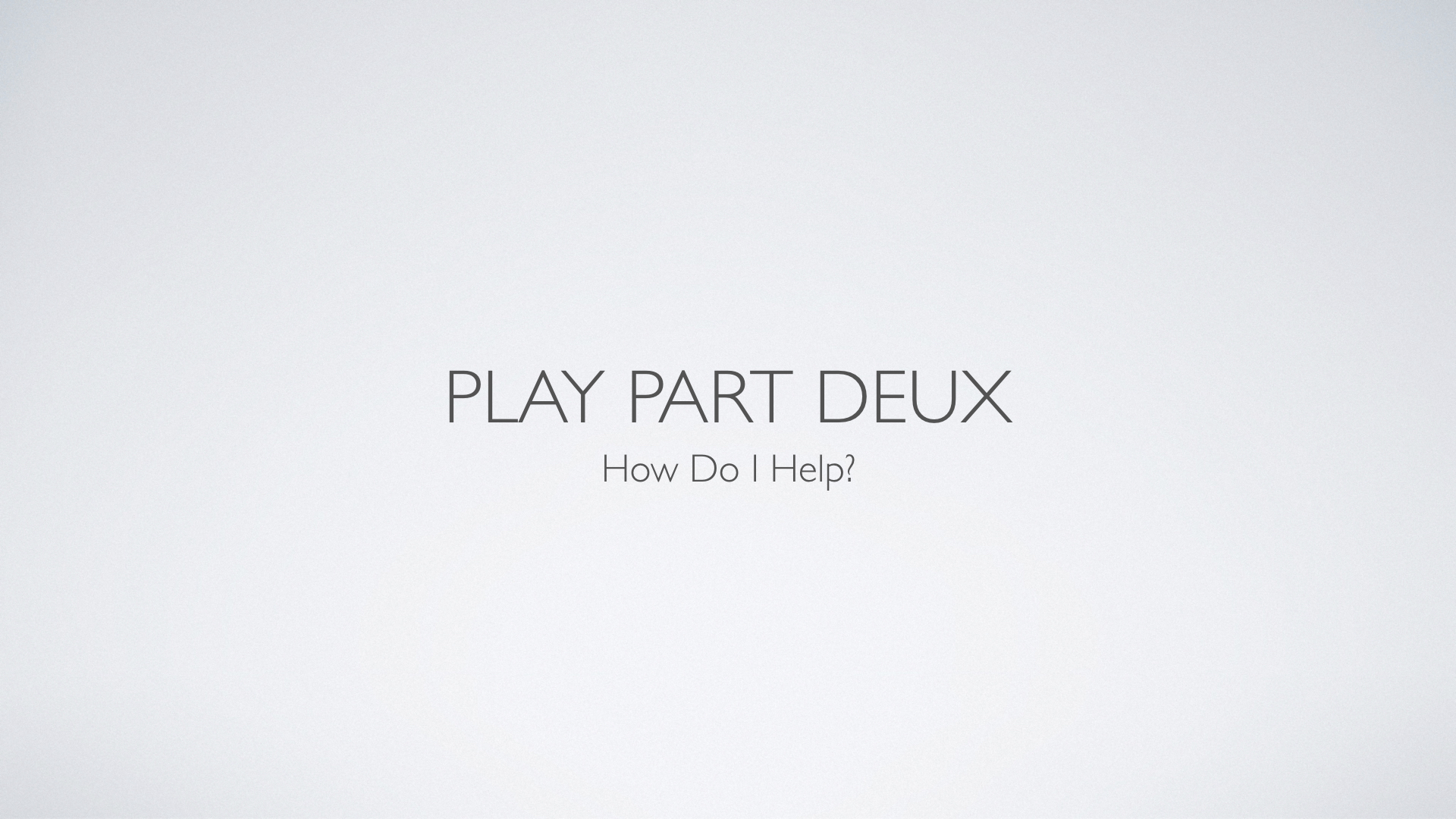I recently developed a nice little PD session that helped educators and consultants work through the challenge of communicating and work with adults. It is hard at time to be able to provide help to one another when any of the following factors are at play:
- As a coach/mentor we don’t have the answer or solution to the problem, but are expected to provide support
- As a member of a team we have a fixed mindset and are not open to other perspectives or solutions
- As a person struggling with a project or idea our emotions get the best of us and we are not able to expand our perception of the issue at hand
- As a member of a team we simply are pushed way outside our comfort zone and resort to being protective of our safe thoughts and ideas
In one of our staff PD’s I lead my amazing co-workers through a series of challenges that engaged them in working through these situations in a fun, but challenging environment. The first thing we did was hand out a PDF created by Elena Aguilar called Coaching Sentence Stems found on her site here. We spent about 5 minutes debriefing this handout, discussing key aspects of these stems, how to use them, when to use them, and just some general conversation about how these might be helpful as an educator.
We made sure each person had a copy so that they could use it as a reference for the challenges that lay ahead.

Once we wrapped this up we then had them close all devices, phones, and anything that would give them internet access. For the next set of challenges we wanted them to work with what they had with their teams.

Everyone organized themselves into groups of three. Once in their groups they identified themselves as A, B, or C.
From here we lead them through four challenges(see slidedeck above). The first three provided each person a chance to serve as a coach to help the other two work through the challenge(videos and solutions at the bottom of this post in case you want to use them in your work). They could use the stems if needed, but their goal was to help their team achieve the goal of the challenge. After each one we would debrief in our teams and then share out whole group. The ideas and conversations that flowed from each of these were really powerful. I think it leads to many insights about ourselves and what is needed in order to be successful. As they progressed teams would work to figure out better communication methods. Teams had to work with not knowing the solution, helping those who were frustated, how do we manage a situation where people might be so frustrated they don’t want to be coached?, and how to we work together to achieve a goal.
In the end, we had some really powerful insights that can be the spark for us to rethink how we manage situations in the future.
The final and fourth challenge mixed things up where we had two coaches and together they had to help their teammate complete the puzzle. I simply purchased 12 piece puzzles from the dollar store. I was able to buy 4 12 piece puzzles for a dollar so this was cheap to do. I store them in plastic bags.
I also bought these masks to help with keeping them from cheating!
These small, but fun and exciting activities allow us to move our conversation beyond surface level talk. In a future post I will share how we have used this in the classroom with students, but for now think about how something like this might prove useful for your staff, PD, or team.
If you use these ideas, then please let me know. I would love to hear how it goes for you!
Videos and Solutions for the Challenges
Coffeechug Brain Teaser #1: Impossible Paper Challenge https://youtu.be/qvUfR4wqvGo
Coffeechug Brain Teaser #1: Impossible Paper Challenge Solution https://youtu.be/hwW1O4qmJXQ
Coffeechug Brain Teaser #2: Paper House Challenge https://youtu.be/n0V_kGVVQEc
Coffeechug Brain Teaser #2: Paper House Challenge Solution https://youtu.be/MjSkmXIk1Mk
Coffeechug Brain Teaser #3: Can You Draw This Shape? https://youtu.be/MtFoQbFlSRg
Coffeechug Brain Teaser #3: Can You Draw This Shape? Solution https://youtu.be/WVFsf0eqqEo

Leave a Reply